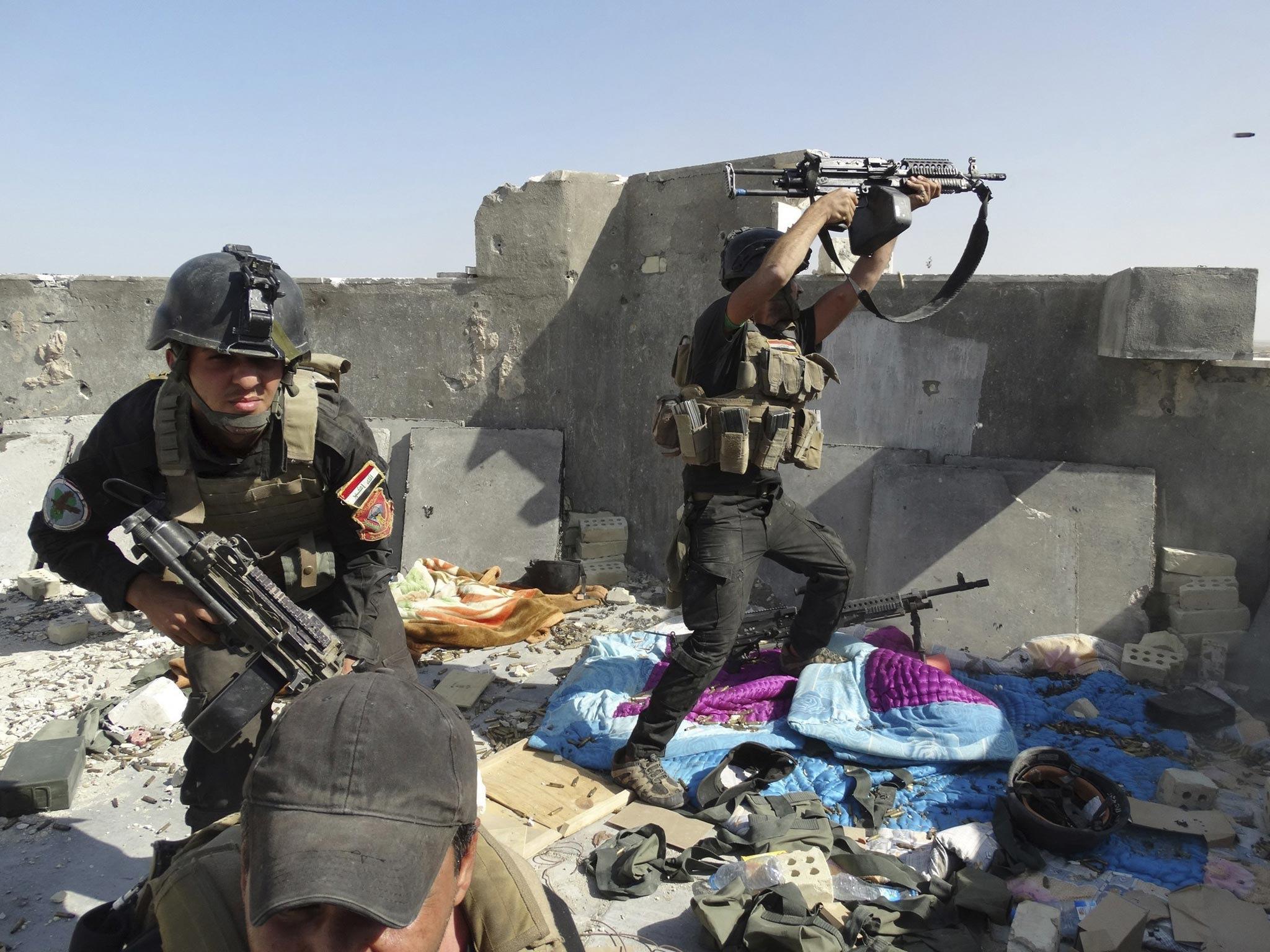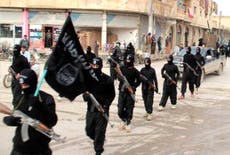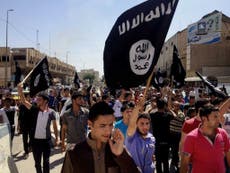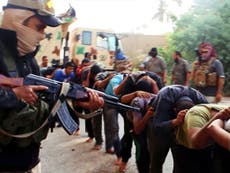The Independent's journalism is supported by our readers. When you purchase through links on our site, we may earn commission.
Western intervention in Iraq would be a gift to Isis
Whether it's bombs or boots that are sent to stop them, the fallout will provide the militants with dangerously effective propaganda for their cause

The West must not intervene militarily in Iraq, no matter how much Prime Minister Nouri al-Maliki entreaties us to. To do so would fuel the crisis and significantly enhance the Islamic State of Iraq and ash-Sham’s (Isis) ideological appeal.
It is imperative that, before policymakers rashly step in – be it with boots, bombs or drones – all players in the crisis, al-Maliki included, recognise that Western military intervention is exactly what Isis want.
Again and again this week, Washington has emphasised that “all options remain on the table”; however, some are clearly more “on it” than others.
The United States does not have an appetite for a ground invasion, besides a couple of hundred troops to protect US assets and a further 300 military advisors to assist in strategic planning.
If there is anything more direct on its way, it would probably come from the air, involving targeted strikes against Isis strongholds in order to minimise civilian casualties. It’s all well and good saying that, but no matter how good the intelligence is or how carefully they’re planned, air strikes will kill civilians.
The more that die because of Western bombs, the better for Isis. Each photograph that can be taken and video recorded in the aftermath of a raid, in which injured or dead innocents can be shown is of immense propaganda value. We already know their use of YouTube and Twitter is more effective as a marketing tool than many multinational corporations. Imagine what they could do with post-drone strike footage.
It should come as no surprise that civilian deaths work to the advantage of jihadist groups. Any time a Muslim civilian is killed because of international involvement in a conflict, jihadists take advantage of it and use to fortify their ever-tenuous relevance in the modern world.
Their effectiveness in radicalising normal Muslims based on the much abused “War on Islam” paradigm is unparalleled, and we owe it to ourselves to keep such propaganda out of Isis’ hands.
Besides the above, we cannot in any way justify intervening against Isis in Iraq but not against Assad in Syria.
Rightly or wrongly, this would be read by the region’s most vulnerable as proof that the West will only intervene when its own economic prosperity is at stake.
Why else would it defend the rights of civilians here and not against Assad after his deplorable – and continued – use of chemical weapons?
The West must not play into Isis’ hands by intervening militarily. It would give the richest, most aggressive and most extremist jihadist group in the world right now a propaganda coup that would undoubtedly swell its ranks.
However, if the Iraqi national army cannot pull itself together, someone will need to step in. It is imperative that, whichever state it is, it is a Sunni Muslim-majority country.
The sharp sectarian lines of the crisis need to be blurred – Isis has fostered the Sunni-Shia divide for years now. What needs to happen, though, is for someone to step in and show that this is a fight between Muslims and extremists, nothing more. If a country like Turkey (which is 72 per cent Sunni) were to attack Isis in Iraq and Syria, the Isis “War on Islam” card wouldn’t have anywhere near the same impact.
That does not exonerate us of any responsibility. We need to provide humanitarian assistance for the many thousands of refugees this crisis has created, as well as continue to exert pressure on Baghdad to make robust and far-reaching reforms in an effort to re-include Iraq’s substantial Sunni minority in the country’s politics and economics.
Changing the conditions in which terrorism prospers, and advising a government receptive to our advice on counter-extremism should be key priorities. Through a policy of restraint, the West can attack Isis most effectively.





Join our commenting forum
Join thought-provoking conversations, follow other Independent readers and see their replies